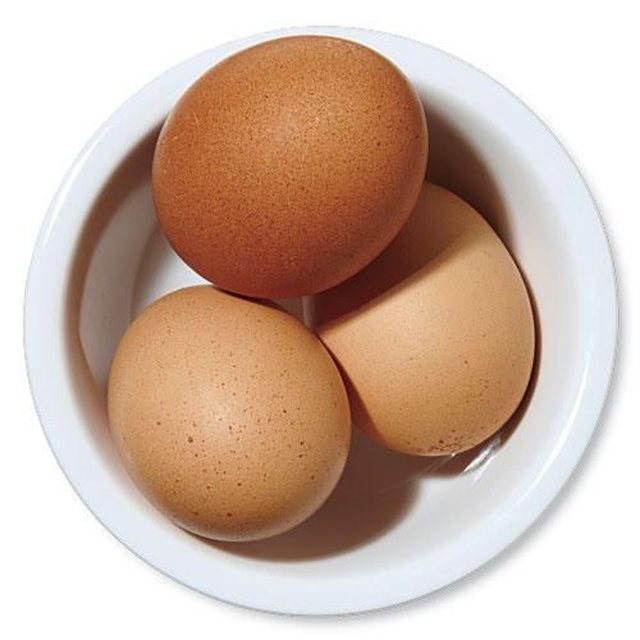
The debate on the value of boiled eggs in our bodies and our health is thought to have been overcome for years, but occasionally food experts go back to studies on how to cook eggs. Because, really, how to cook an egg can have a major effect on the nutrition profile. Warm boiled eggs are one of the healthiest and most suitable ways to prepare them. This handy guide shows you the real food value of boiled eggs, and the way they accumulate depending on their boiling.

Foods that make the metabolism burn at maximum fat efficiency
Boiled eggs are packed with vital nutrients, from protein to build muscle to the B vitamins. There is also a popular diet that contains only boiled eggs, however, is not recommended by our dieters!
Here is the breakdown of nutritional values for a boiled egg:
Calories: 80; Fat: 5g; Carbohydrates: 1g; Sodium: 60mg; Fiber: 0g; Sugar: 1g; Sugars added: 0g; Protein: 6g; Calcium: 2%; Potassium: 2%

fat
A boiled egg contains about five grams of fat. Fat is an important component when it comes only from boiled eggs, because the presence of fat helps you absorb all the wonderful fatty vitamins found in eggs.
Vitamin D
An egg contains more than 10 percent of Vitamin D daily consumption, which is especially important to be taken during the winter. Vitamin D is a necessary factor for calcium absorption, affecting the health of our teeth and bones. It also reduces the risk of some chronic diseases, such as cancer and type 2 diabetes.

Protein
A boiled egg contains six grams of protein, making it a perfect portable meal for the office or after a workout. Although an egg contains only about 80 calories, the eggs increase the feeling of satiety and help in weight loss due to its protein content and overall nutrition profile.






